Supp_optimal is a community-driven initiative that fights food waste and food insecurity by serving free, nutritious vegetarian meals made from rescued food, while fostering social inclusion and climate awareness.
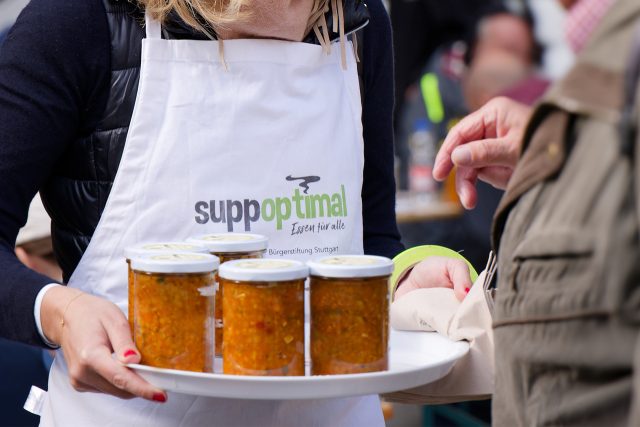

Supp_optimal is a community-driven initiative that fights food waste and food insecurity by serving free, nutritious vegetarian meals made from rescued food, while fostering social inclusion and climate awareness.

Cascais’ Just Energy Transition Fund for Families provides financial support, technical assistance, and community engagement to help low- and middle-income households reduce energy costs, improve comfort, and adopt sustainable energy solutions.
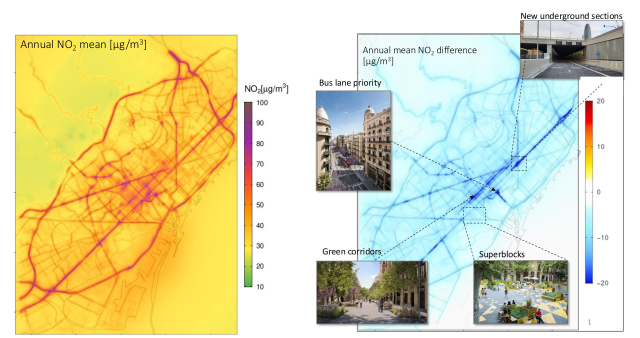
The VITALISE project develops advanced, high-resolution models that evaluate how traffic management policies affect air quality and public health in Barcelona, supporting data-driven urban planning and pollution reduction.
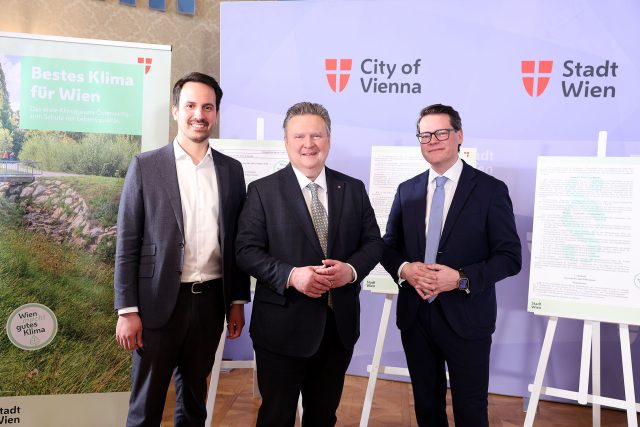
Vienna’s Climate Law sets a binding framework to guide the city’s climate neutrality efforts by 2040, implementing practical measures, climate impact assessments, and community engagement to ensure effective climate action.
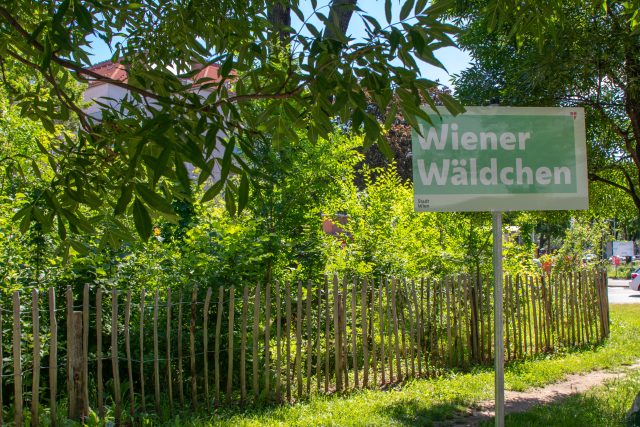
Vienna’s Wiener Wäldchen initiative introduces dense, fast-growing mini-forests to mitigate urban heat, improve air quality, and enhance green spaces citywide.
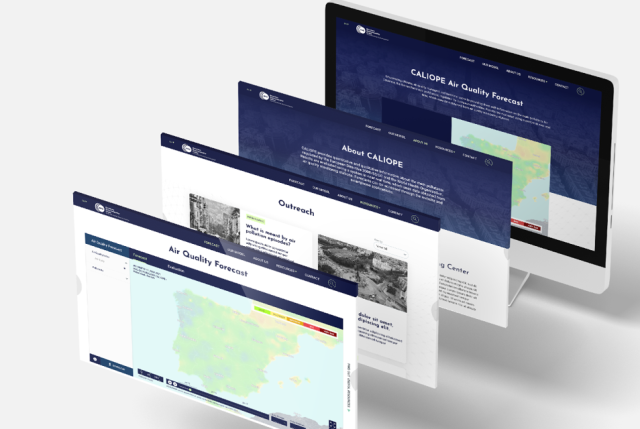
CALIOPE is an advanced air quality monitoring and forecasting system that provides real-time, high-resolution data and insights to support public health protection and regulatory compliance.
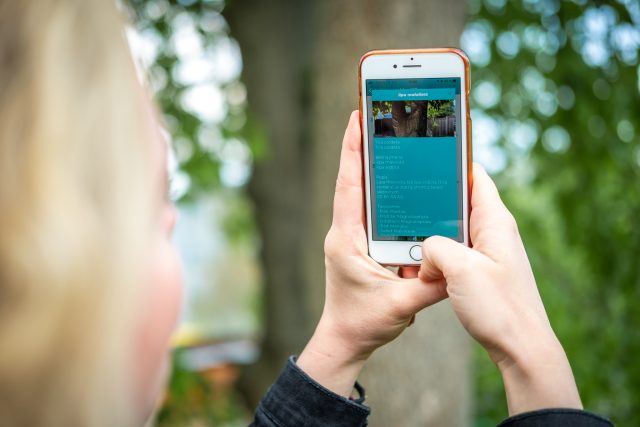
Tree Check is a mobile app that educates users about the cooling effects of urban trees during heatwaves, promoting climate resilience and encouraging tree preservation.
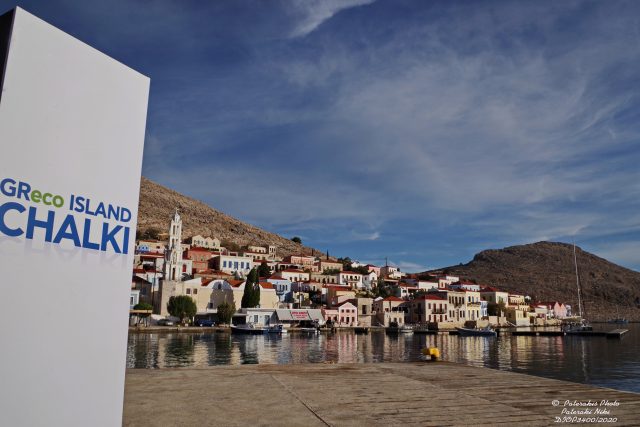
Halki’s initiative leverages renewable energy and smart solutions to achieve energy self-sufficiency, reduce costs, and foster sustainable development on the small Greek island, serving as a replicable model for green transitions in isolated communities.
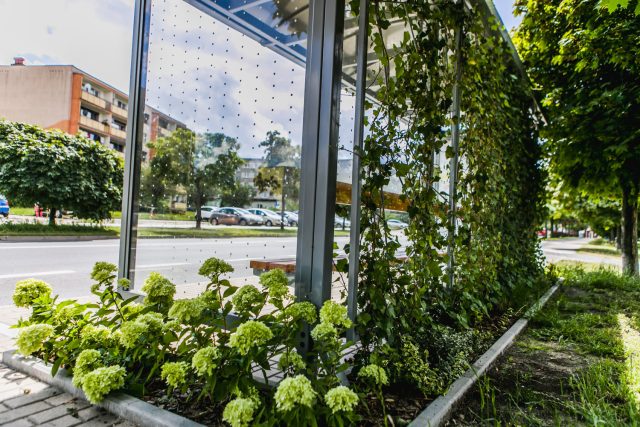
The Green Urban Bus Shelters project in Ostrów Wielkopolski replaces traditional bus stops with eco-friendly shelters featuring year-round vegetation that cools waiting areas, improves air quality, and supports the city’s broader goals for sustainable urban transport and climate resilience.
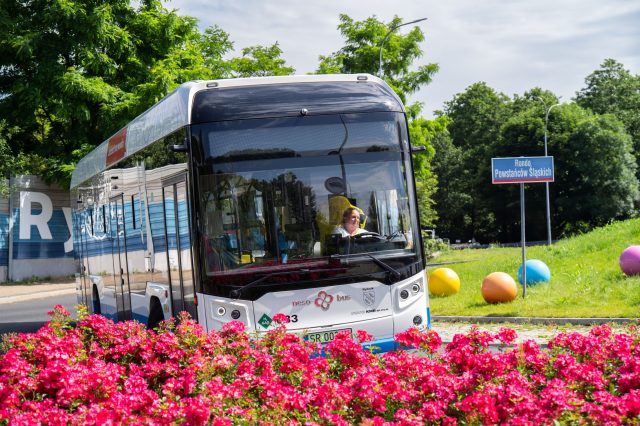
Rybnik is transforming from one of Europe’s most polluted coal-dependent cities into a clean energy leader through hydrogen technology and community-driven emissions reductions.
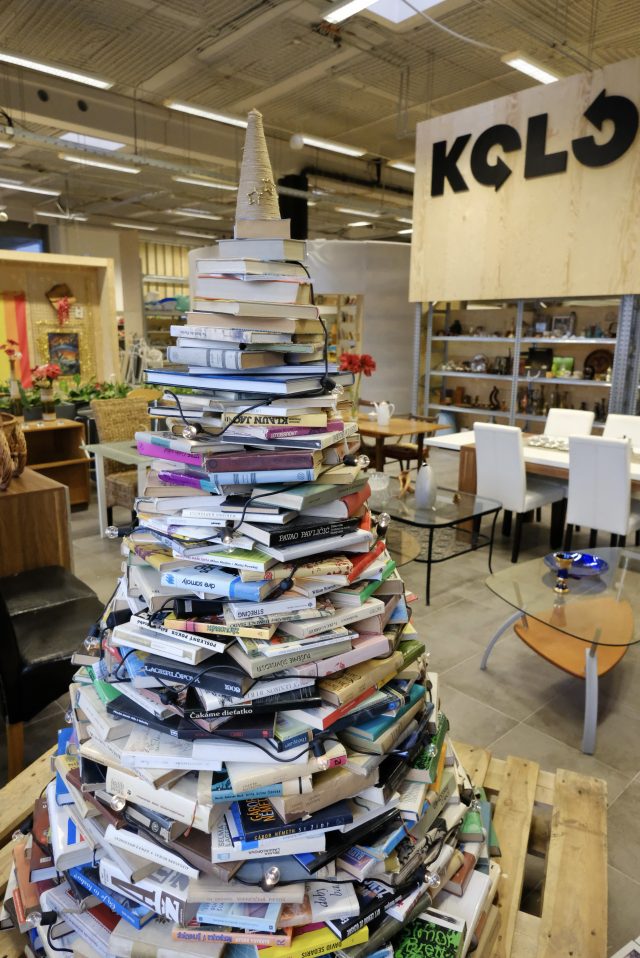
Citizens can bring items to KOLO for reuse, that would have otherwise been thrown away, to prevent waste and support the circular economy.
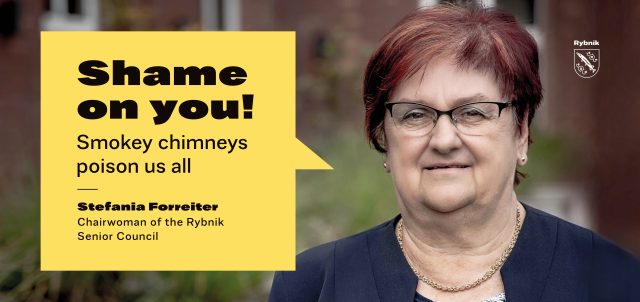
This Anti-Smog Campaign engages with local identity to transform attitudes on heat homes enabling a transition to cleaner energy sources and, consequently, cleaner air.
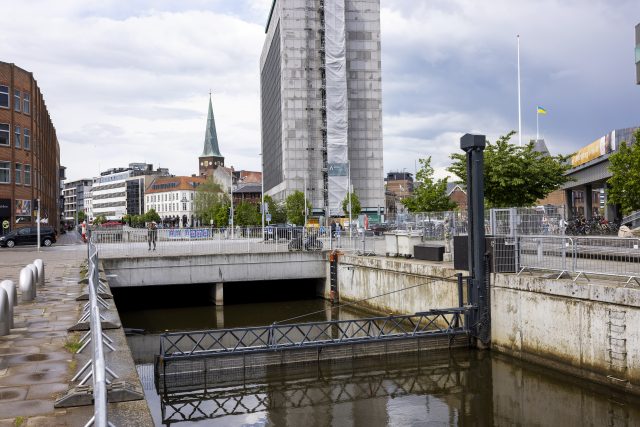
The SeaProtectorOne robot is installed at the river mouth in Aarhus, where the river flows into the harbour, removing rubbish before it enters the sea.
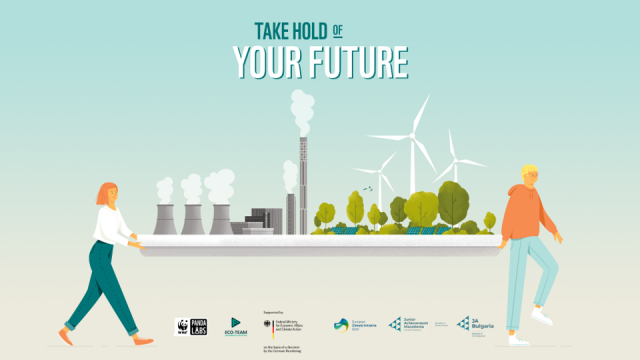
Panda Labs Junior for Just Transition (PLJ4JT) engaged more than 750 high school and university students in the key coal regions of Bulgaria, North Macedonia, Montenegro, and Serbia.
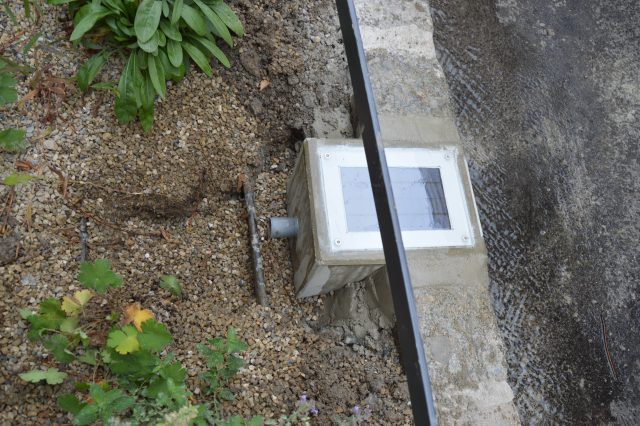
The Schwammstein offers an efficient and innovative new solution to the market that regulates the discharge of rainwater into tree pits and green spaces.

By fostering connectivity and ensuring energy security, eFriends empowers individuals to access and participate in green-energy initiatives, particularly photovoltaic projects.
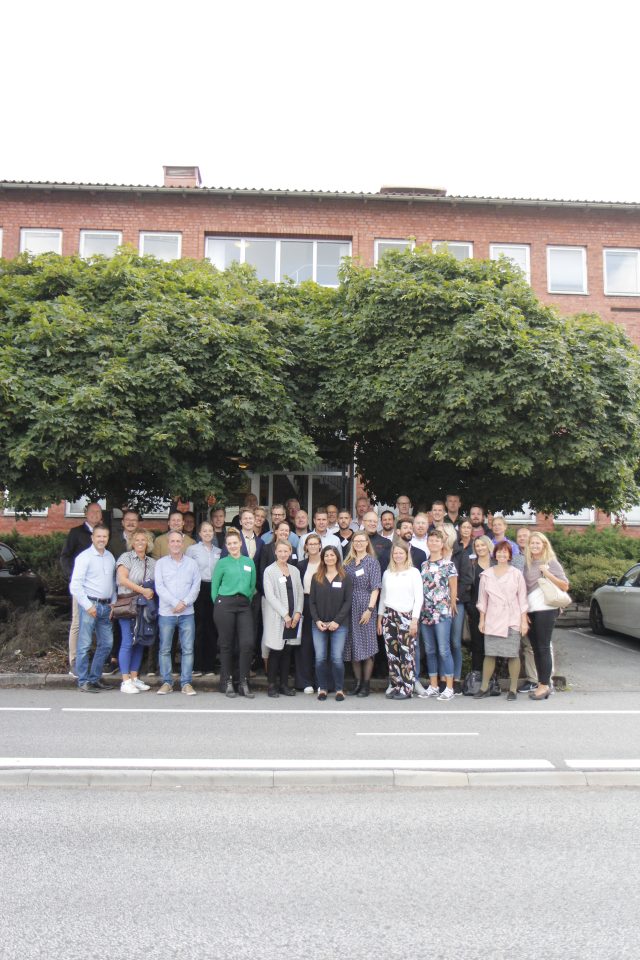
Preschool Hoppet is a best-practice example of fossil-free, low-emission construction in Sweden.
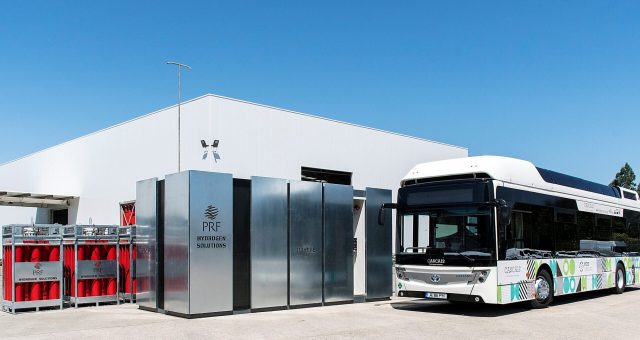
This initiative stands out for its holistic approach to integrating sustainable mobility, climate resilience, and community-driven innovation as Cascais transitions to carbon neutrality.
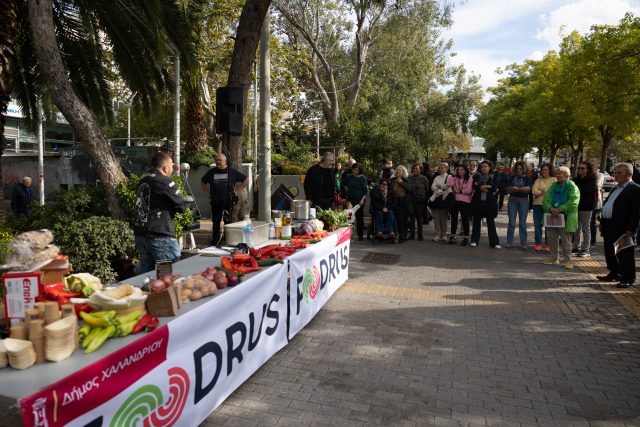
The Municipality of Halandri’s Food Loss and Waste Prevention Unit combines food-waste monitoring, awareness raising, and citizen-science education, with the optimisation of bio-waste using chemical-engineering processes.
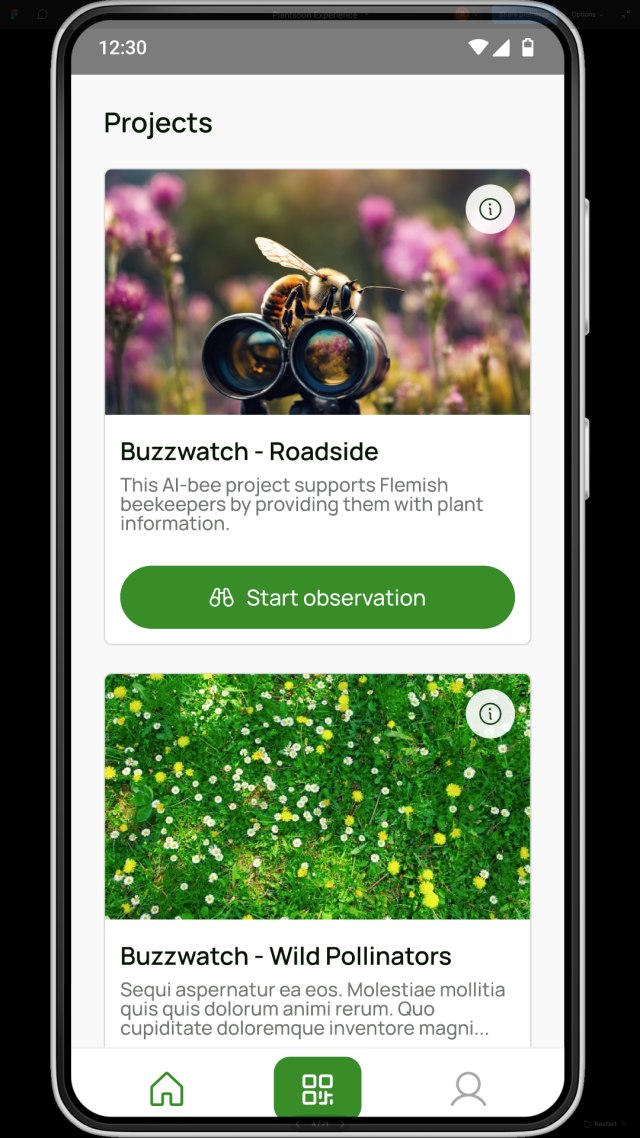
The Buzzwatch project determines the quantity of local food available for pollinators, enabling governments, nature managers, and beekeepers to adjust their policies and interventions.